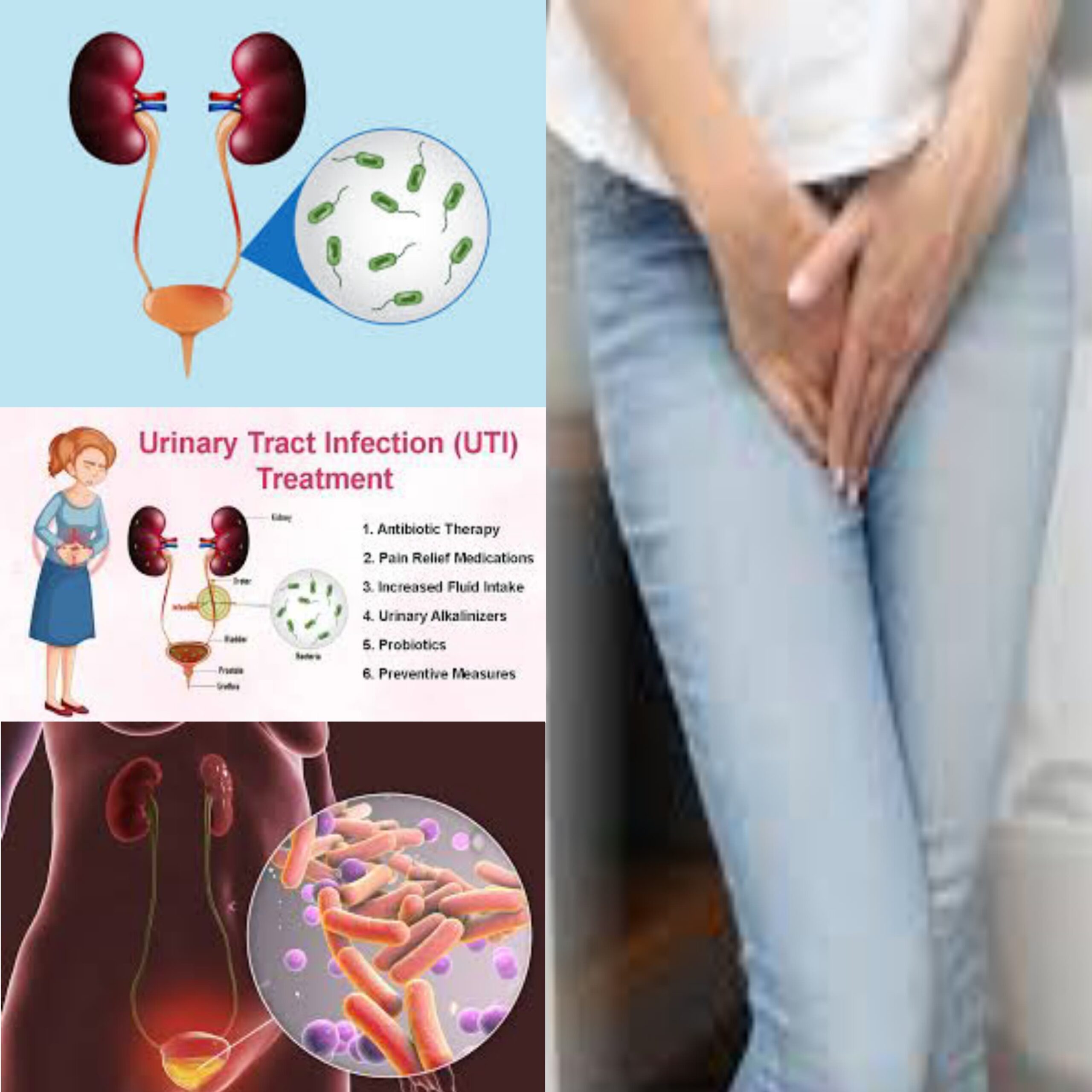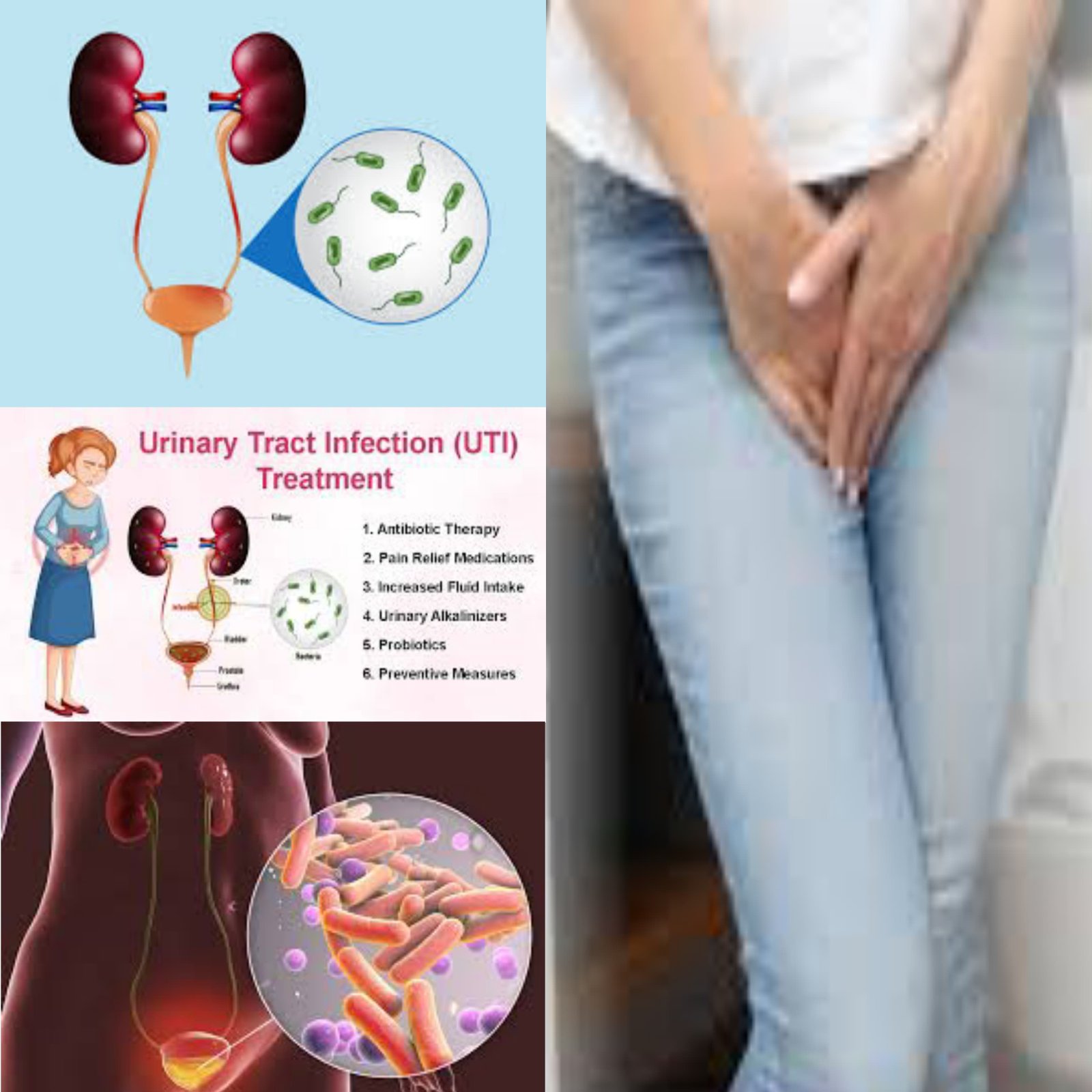No products in the cart.

Preventing and Managing UTIs: Essential Guide for Women

Introduction
Urinary Tract Infections (UTIs) are a common health issue for many women. UTIs occur when bacteria enter the urinary tract, leading to symptoms like burning, pain, and frequent urination. Understanding how to prevent and manage UTIs is important to avoid discomfort and complications.
What Causes UTIs?
- Bacterial Infection: Most UTIs are caused by E. coli bacteria, which typically lives in the intestines but can sometimes reach the urinary tract.
- Poor Hygiene: Improper cleaning methods can spread bacteria to the urinary area.
- Sexual Activity: Sexual intercourse can introduce bacteria to the urinary tract.
- Hormonal Changes: Pregnancy and menopause can increase the risk of UTIs.
- Holding Urine: Not urinating regularly can allow bacteria to grow in the bladder.
Symptoms of UTIs
- Burning sensation while urinating
- Frequent urge to urinate, even in small amounts
- Cloudy or strong-smelling urine
- Lower abdominal pain
- Blood in urine
Preventing UTIs
- Stay Hydrated
Drinking plenty of water helps flush out bacteria from the urinary tract. Aim for 8-10 glasses of water daily to keep your system clean.
- Practice Good Hygiene
Always clean from front to back to avoid spreading bacteria. Use mild, unscented soaps, and avoid using harsh chemicals in the genital area.
- Urinate After Intercourse
Urinating after sexual activity helps flush out any bacteria that may have entered the urinary tract.
- Avoid Holding Urine
Regular urination prevents bacteria from building up in the bladder. Try not to hold urine for long periods.
- Choose the Right Underwear
Cotton underwear allows your skin to breathe and reduces moisture, which can help prevent bacterial growth.
- Maintain a Balanced Diet
Include foods high in Vitamin C, probiotics (like yogurt), and fiber. These can strengthen immunity and reduce UTI risks.
Managing UTIs
- Consult a Doctor
If you suspect a UTI, seek medical help. Antibiotics can effectively treat UTIs, so early diagnosis is essential.
- Take Prescribed Medication
Complete the full course of antibiotics prescribed, even if symptoms improve. Stopping early can cause the infection to return.
- Home Remedies for Symptom Relief
Cranberry juice and Vitamin C supplements may help reduce symptoms, but consult a doctor before using any remedies.
- Avoid Irritants
Avoid caffeine, spicy foods, and alcohol during a UTI, as these can worsen symptoms.
When to Seek Emergency Care
Seek immediate help if you experience severe pain, high fever, vomiting, or blood in the urine. These symptoms may indicate a kidney infection.
Conclusion
UTIs can be uncomfortable but are preventable and manageable with proper care. By following these tips and seeking timely medical help, you can reduce the risk of UTIs and maintain good urinary health.







Add comment